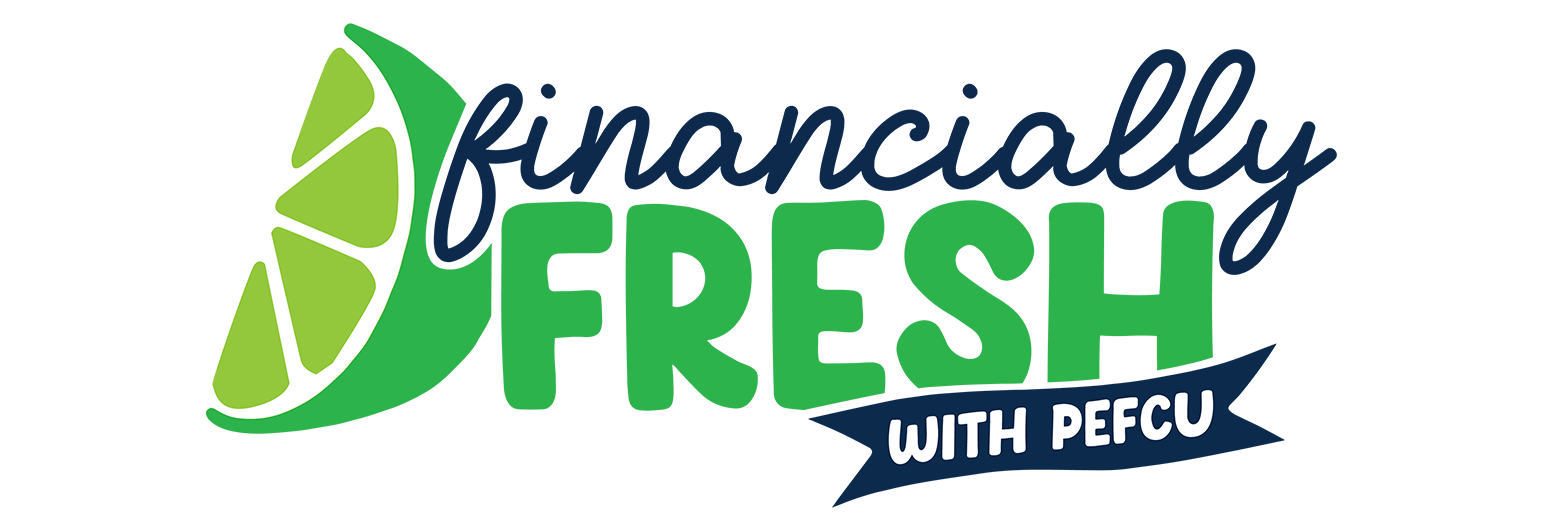August 2, 2021How Your First Job Can Impact Your Retirement
The moment you walk through the front door, hear the ring. You fumble the smartphone out of your pocket and answer it eagerly, talking to the job interviewer that you just saw an hour ago. They happily give you the good news as you barely hold back the scream of joy. You landed your first job and will start work on Monday. When you go to bed, you start thinking about all the things you want to do with your new salary.
Time to Think About Retirement
Initially, you might spend most of your time imagining the luxurious lifestyle your new income will bring, but you should eventually push those fantasies aside to consider a retirement fund. It doesn’t sound that exciting, especially if you are still in the early stages of your life, but the sooner you start, the better.
We get it. You may have other debts, like student loans, you’d rather pay off first to get better control of your finances. But unfortunately, you can no longer assume that retirement programs, like the Social Security fund you will pay into, will be there in the future. The retirement benefits your parents take advantage of today may not be around when you enter your golden years due to changing policies and politics. Even if these retirement funds stick around, the number of benefits you receive might be less than you expect.
The moment you get your first job, whether you’re bagging groceries or attending management training, you need to consider what you can save for your retirement. By saving now, you can be assured that you will have the funds you need when you retire with limited income.
Start Saving Less – More Often
One of the best reasons to begin saving early is that you can set aside less money for your nest egg but build more interest over an extended period of time. If you wait until you are 50 years old to start your retirement fund, you will only have 10 to 15 years to save enough to retire comfortably; and you will have to save larger amounts of money.
For example, let’s say you are 25 years old. You could open an account with $500 that earns 3% APY. If you deposit $250 each month in this account for 40 years, you would have over $230,000 by the time you retire at 65.
Now let’s say you’re 50 years old and just now planning to retire in 15 years. Earning the same 3% APY, you would have to save roughly $1,012 per month (over $12,000 a year) to reach that same $230,000 retirement savings. It’s a lot easier to save $250 per month ($3,000 a year) for 40 years to reach $230,000 versus saving over $12,000 a year for 15 years; especially since you may be helping your own children around this time with their finances or have other unexpected expenses.
Have the Money You Need for Your Retirement
Each person has different retirement money goals based on their desired standard of living. Starting early and getting the right retirement account will give you a better chance to achieve your savings goals than starting your retirement savings later in life.
If you are already in your 30s or 40s, get motivated. You should still consider saving for your retirement, now. You never know what the future holds, so it’s important to save for retirement while you can.
We’re Here to Help!
If you’re ready to start exploring options to save for your retirement, we’re here to help. We’ll sit down with you one-on-one to find the right account and plan that works for you.
Stop by or give us a call at 800–226–6673 to get started.
Each individual’s financial situation is unique and readers are encouraged to contact the Credit Union when seeking financial advice on the products and services discussed. This article is for educational purposes only; the authors assume no legal responsibility for the completeness or accuracy of the contents.


